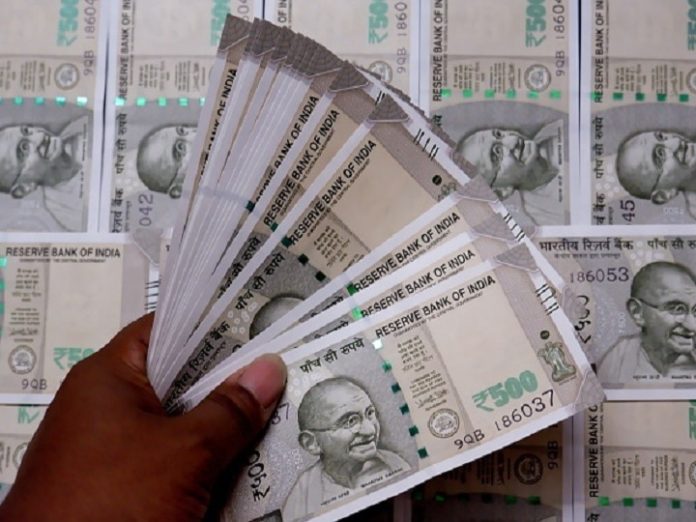Post Office Fixed Deposit: The government has increased interest rates by up to 30 basis points for the December quarter on the Post Office’s time deposit scheme ie FD.
This change has been made on 2 year and 3 year time deposit scheme. Amidst the repo rate hike, investors get better returns on their deposits, due to which the government has taken this step. However, the rates on 5 years and 1 year time deposits remain the same as before. At present, investors who do not want to take market risk at all and are looking for stable returns while keeping their deposits safe, then the time deposit scheme of the post office is a better option.
1 year to c
1-year FD: 5.5% p.a. Interest
2-year FD: 5.7% p.a.
3-year FD: 5.58% p.a.
5-year FD: 6Post Office TD: How much profit in 5 years
.7% p.a. Interest
Deposit: Rs 10 lakh
Tenure: 5 years
Interest: 6.7%
Maturity Amount: Rs 13,83,000
Interest lost: Rs 3,83,000
Features and benefits of the scheme
It has the facility to open single and joint accounts. There can be 3 adults in a joint account.
The special thing about this scheme is that an investor can open multiple accounts.
On depositing at least Rs 1000, an account can be opened in any post office. There is no limit on the maximum deposit.
In this scheme, the benefit of tax exemption is available on the investment made for 5 years.
Keeping the account as security, you can also take a loan instead.
There is no risk due to being a government deposit.
Account can be transferred from one post office to another post office.
Safer than bank FD
It is a safer investment than bank FDs, as it provides government guarantee on the investor’s capital and the interest earned. Whereas, in bank FD, you get protection only up to a maximum amount of Rs 5 lakh on capital and interest as per the rules of Deposit Insurance and Credit Guarantee Corporation (DICGC).















